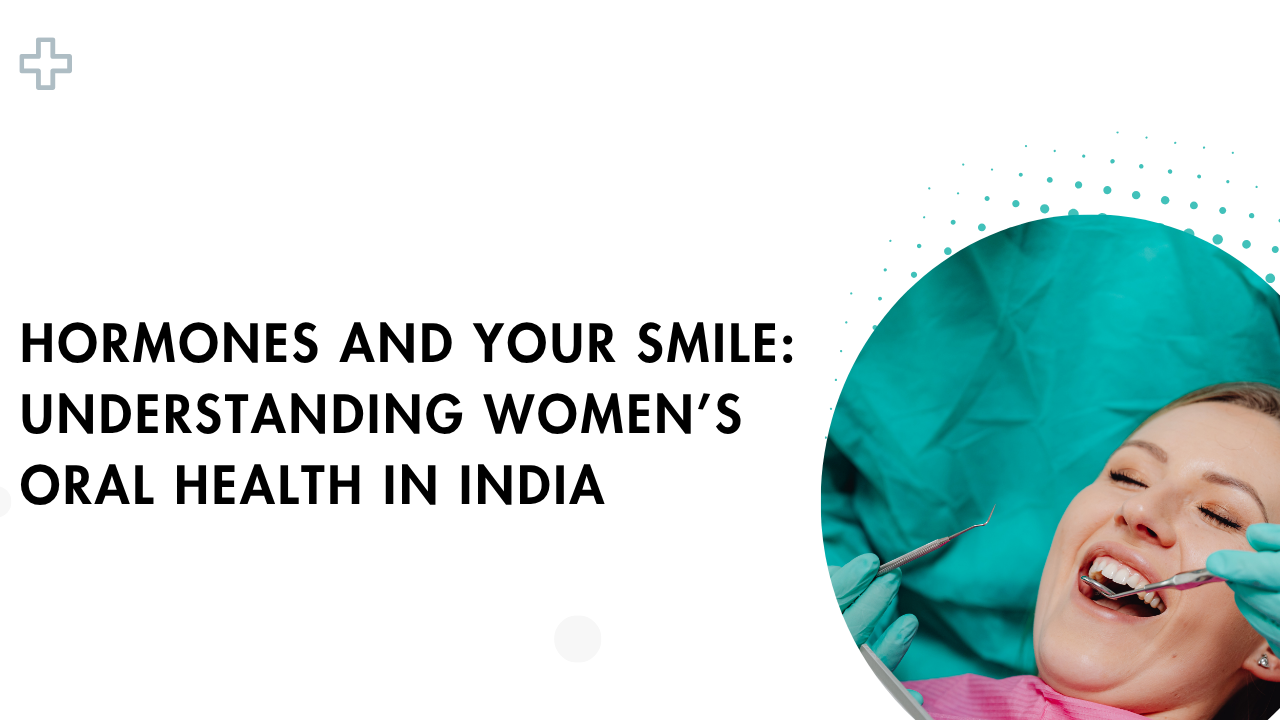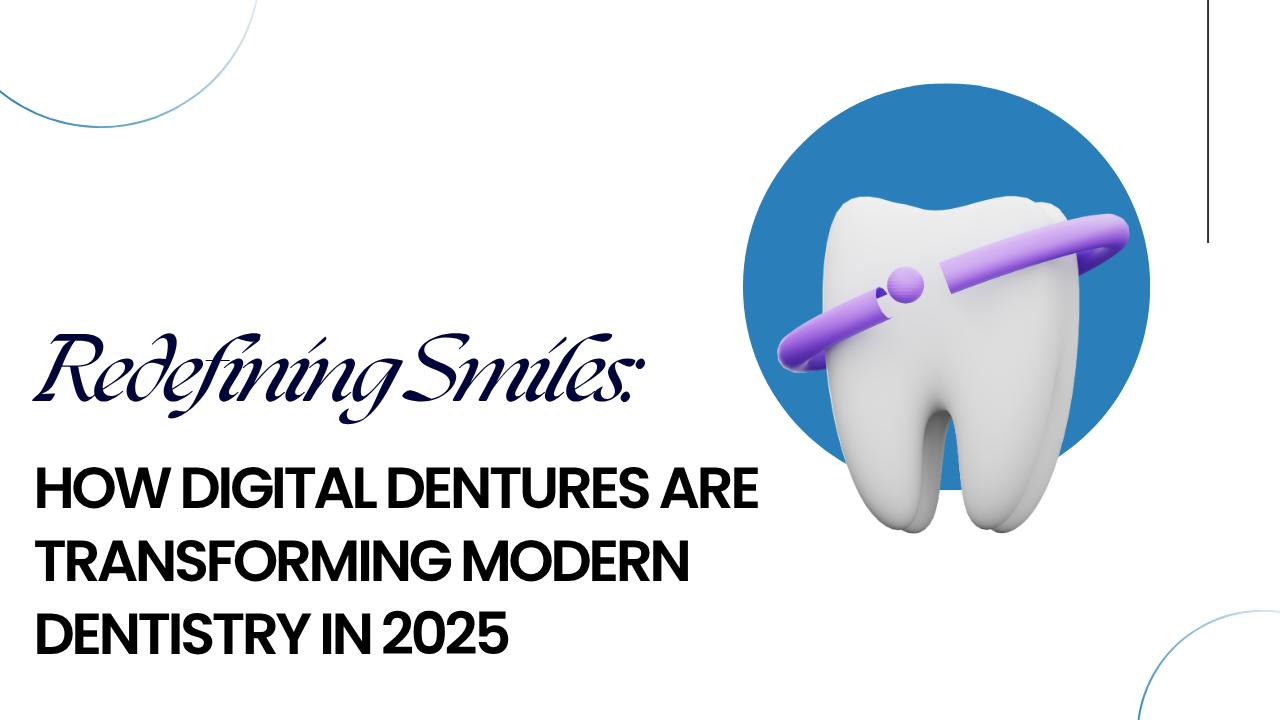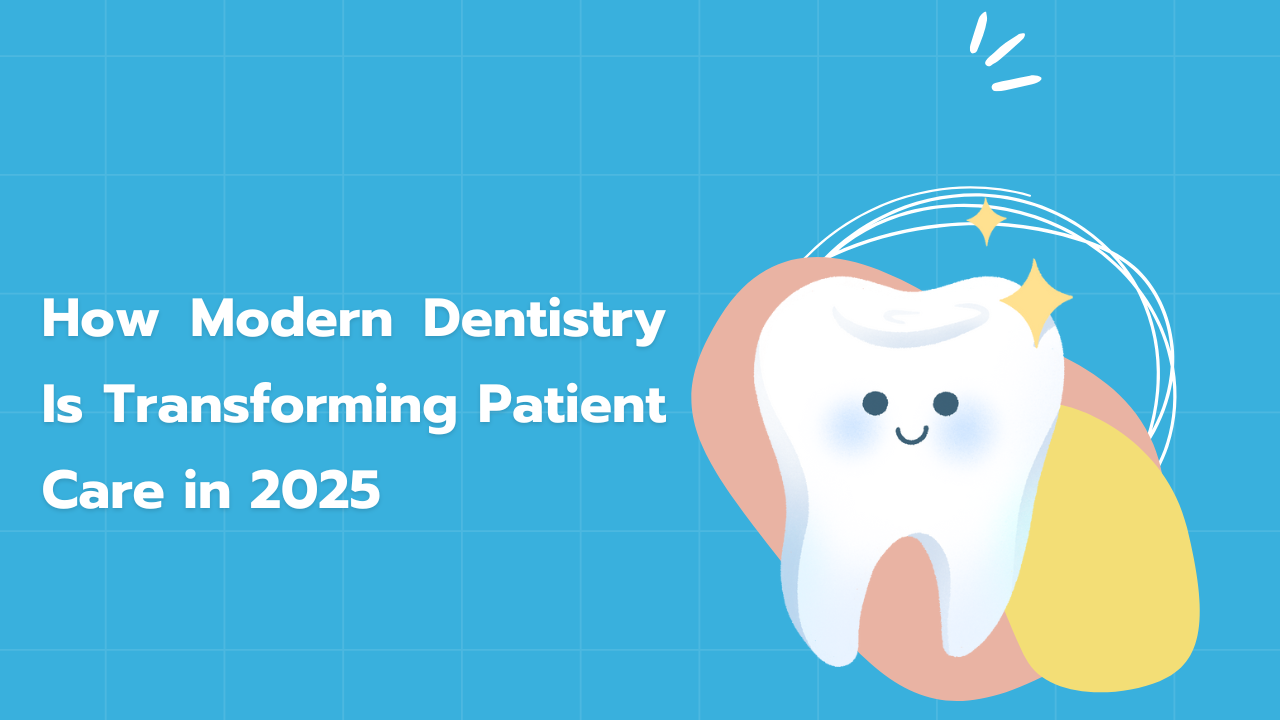When we consider oral hygiene, brushing and flossing are typically the first things that come to mind. They have been the standard for many years. However, there is another important element that often gets overlooked: mouthwash. It’s time to acknowledge its significance.
By 2025, oral care will have evolved beyond just cavity prevention; it will now encompass overall wellness. The connection between oral health and general health has become increasingly evident. From the health of your gums to your heart, everything is interrelated. In this larger context, mouthwash is no longer an optional addition—it has become essential.
Let’s explore the reasons why mouthwash should be an integral part of your daily dental care routine.
What Exactly Does Mouthwash Do?
Let’s clear up some misunderstandings. Mouthwash is not merely for freshening your breath before social events; it serves multiple purposes and complements your brushing and flossing routine. Here’s what it offers:
– Eliminates harmful bacteria in hard-to-reach areas that your toothbrush misses.
– Decreases plaque accumulation, which can lead to gum disease and cavities.
– Freshens breath by tackling the underlying causes rather than just covering up bad smells.
– Strengthens tooth enamel, particularly if it contains fluoride.
– Calms oral tissues, which can be beneficial after dental treatments.
– Aids in the prevention of gingivitis, especially with daily use.
– Supports gum health, which is essential for long-term oral well-being.
While brushing removes visible debris and flossing cleans between teeth, mouthwash can reach every part of your mouth, including those tight spaces and crevices where bacteria tend to hide.
Types of Mouthwash and How They Work
Mouthwash is not a universal remedy; it varies based on individual oral health needs, with specific types designed for different issues.
1. Therapeutic Mouthwashes
These are the most effective options, containing active ingredients such as chlorhexidine, cetylpyridinium chloride (CPC), or essential oils. They are clinically formulated to combat plaque, manage gingivitis, and decrease oral bacteria.
Ideal for:
– Gum inflammation
– Bacterial bad breath
– Those with braces or other dental appliances
2. Fluoride Mouthwashes
These are designed to prevent tooth decay. Fluoride aids in remineralizing tooth enamel, enhancing its strength and resistance to acid attacks from plaque and food.
Ideal for:
– Individuals prone to cavities
– Those with exposed tooth roots
– Patients in orthodontic treatment
3. Natural Mouthwashes
Composed of herbal ingredients like tea tree oil, clove, neem, or aloe vera, these are gentle and typically alcohol-free, making them suitable for long-term use.
Ideal for:
– Sensitive mouths
– Daily oral care
– Dry mouth conditions
4. Cosmetic Mouthwashes
These are mainly used to temporarily mask bad breath. They do not address the underlying causes of oral health problems but can provide short-term freshness.
Ideal for:
– Occasional use before social gatherings
– Individuals who already practice good oral hygiene
Why Mouthwash Is More Important Today Than Ever
The importance of mouthwash in 2025 has increased for several reasons:
1. Greater Understanding of the Oral-Systemic Connection
Studies show that oral bacteria can enter the bloodstream and affect other areas of the body, leading to issues like heart disease, diabetes, respiratory problems, and complications during pregnancy. Managing the bacterial levels in the mouth is an effective way to lower the risk of systemic inflammation and related diseases.
2. Dental Issues Driven by Modern Lifestyles
Contemporary habits—such as frequent snacking, high-sugar diets, acidic drinks, and stress—can lead to enamel wear and dry mouth. These factors create an environment that allows bacteria to flourish, thereby increasing the likelihood of cavities and gum disease. Mouthwash can help neutralize acids, restore pH levels, and eliminate bacteria that brushing might miss.
3. Growth in Cosmetic and Preventive Dentistry
As orthodontics, implants, and cosmetic treatments like veneers become more popular, keeping the mouth free of bacteria has become increasingly important. Mouthwash offers protection after procedures and helps sustain results over time.
When and How to Use Mouthwash Effectively
Using mouthwash may seem straightforward—just pour, swish, and spit. However, the sequence and technique are more important than you might realize.
The Recommended Routine:
- Start with mouthwash before brushing (that’s right, before). This step helps to loosen plaque and remove loose debris, making your brushing more effective.
- Swish for a minimum of 30 to 60 seconds. If you swish for less time, the ingredients won’t have enough opportunity to take effect.
- Refrain from rinsing with water afterward. Allow the ingredients to remain in your mouth to continue safeguarding your teeth and gums.
- Avoid eating or drinking for 30 minutes after rinsing.
This small change in the order of your routine can significantly enhance the effectiveness of mouthwash.
Choosing the Right Mouthwash for You
The oral care aisle can feel overwhelming, but picking the right product boils down to your needs.
| Oral Concern | Recommended Mouthwash Type |
| Bleeding or inflamed gums | Chlorhexidine or CPC-based mouthwash |
| Dry mouth | Alcohol-free rinse with soothing herbs |
| Frequent cavities | Fluoride mouthwash |
| Daily maintenance | Herbal or essential oil-based rinse |
| Post-dental procedures | Dentist-recommended therapeutic rinse |
Look for certifications (ADA, ISI) and consult your dentist before starting any medicated mouthwash. And always follow usage instructions on the label or as prescribed.
Common Mistakes to Avoid
Even routines that are meant to be beneficial can have negative effects if not executed properly. Here are some frequent mistakes:
- Rinsing with mouthwash immediately after brushing – this can remove the fluoride coating from the toothpaste that protects your teeth.
- Not swishing long enough – swishing for less than 30 seconds won’t provide maximum benefits.
- Excessive use of potent antiseptic rinses – this can disturb the natural balance of bacteria in your mouth and lead to dryness.
- Neglecting to use it when it’s most important – such as during flu season or while recovering from dental procedures.
Maintaining consistency and using the products correctly is crucial for effectiveness.
The Importance of Natural and Ayurvedic Mouthwashes
There is an increasing trend towards herbal oral care, with India leading the way due to its rich Ayurvedic heritage. Herbal mouthwashes containing ingredients like neem, tulsi, clove, and triphala provide antibacterial and anti-inflammatory properties without the use of alcohol or synthetic additives.
These mouthwashes are ideal for:
– Daily long-term use
– Sensitive mouths
– Children and elderly individuals
– Those looking for chemical-free options
While they are milder, many herbal rinses effectively control bacterial growth and help prevent minor gum issues when used consistently.
Mouthwash and Sustainability: A 2025 Focus
Another reason to reconsider your mouthwash choice this year is sustainability. Numerous eco-friendly brands now provide:
– Refill pouches
– Glass containers
– Plastic-free tablets that dissolve in water
Minimizing plastic waste in personal care products is becoming increasingly important, and oral care is no exception. If you are environmentally aware, look for mouthwashes that adhere to zero-waste principles.
Mouthwash and Overall Health Enhancement
As health monitoring and biohacking gain popularity, using a mouthwash that promotes oral microbiome balance is a wise choice. Your mouth is home to billions of microorganisms—some beneficial, others harmful. Keeping this balance is crucial for oral health, digestion, and immunity.
Some innovative products now incorporate prebiotics, pH-neutralizing components, or are designed to safeguard beneficial bacteria while targeting harmful ones. This modern approach to oral hygiene aligns with our understanding of gut health and immune strength.
The Conclusion: The Importance of Mouthwash in Your Daily Routine
To summarize, mouthwash is:
- Simple to use
- Cost-effective
- Supported by clinical research
- Suitable for all ages
- Highly effective when used properly
When thoughtfully integrated into your routine, it can enhance enamel strength, promote healthier gums, and ensure fresher breath, while lowering the risk of oral and systemic diseases. There’s no need to overcomplicate things—just choose the right formula for your needs and stick with it.
Oral health goes beyond just preventing cavities; it’s about investing in your long-term well-being. Mouthwash, though a small effort, yields significant results.
Final Thoughts for 2025
Mouthwash has evolved from being a mere accessory to a key player in oral care. As dental science and consumer awareness advance, our hygiene practices must adapt as well. Whether you’re addressing a specific issue or simply enhancing your daily routine, mouthwash is one of the easiest tools to help you manage your oral and overall health.
So, the next time you find yourself in front of the mirror, don’t just brush and hurry. Take a moment. Swish. Allow your mouthwash to work its subtle wonders. A healthy smile is not just a mark of beauty; it signifies balance, prevention, and wellness.




